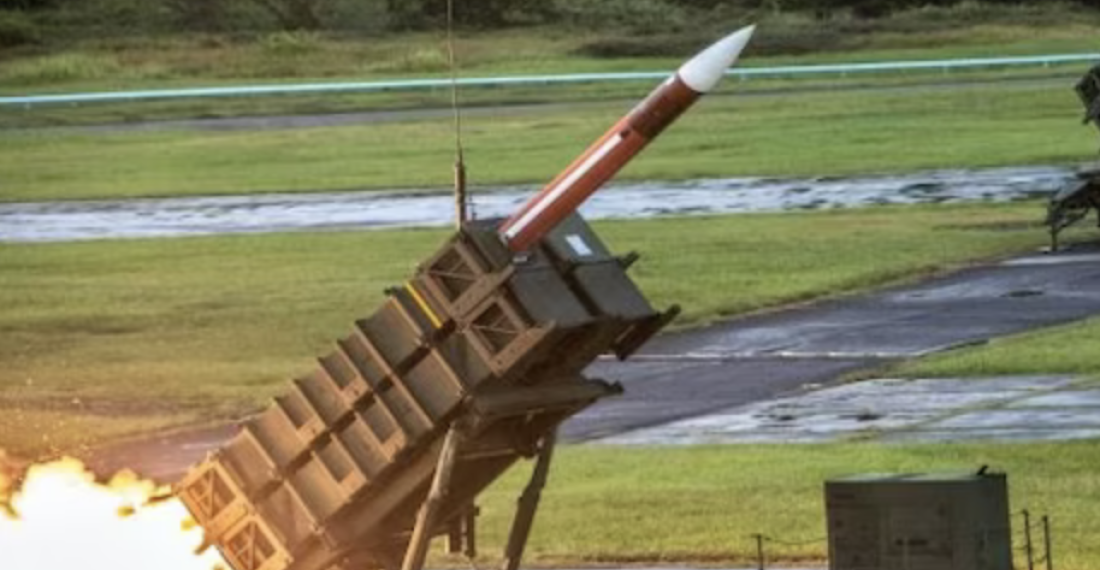The United States is moving Ukraine to the top of the list to receive air defence interceptors to protect its cities from the onslaught of Russian missile attacks. The policy decision applies to interceptors used by the Patriot and other air defence systems to shoot down incoming missiles and drones. As a result, the US will give priority to Ukraine for Patriot surface-to-air missiles. Deliveries to other countries will be delayed to allow Ukraine to build up a sufficient stockpile.
This was announced on Thursday (20 June) by the spokesman for the US National Security Council John Kirby.
"The United States government has made the difficult but necessary decision to re-prioritise near-term planned deliveries of foreign military sales to other countries, particularly Patriot and Nasams missiles, to go to Ukraine instead," Kirby told journalists on a call.
"Everything they need is going to Ukraine," US President Joe Biden said earlier this week. His Ukrainian counterpart Volodymyr Zelensky said he was grateful for the missiles, which will help protect civilians and cities from Russian attack.






